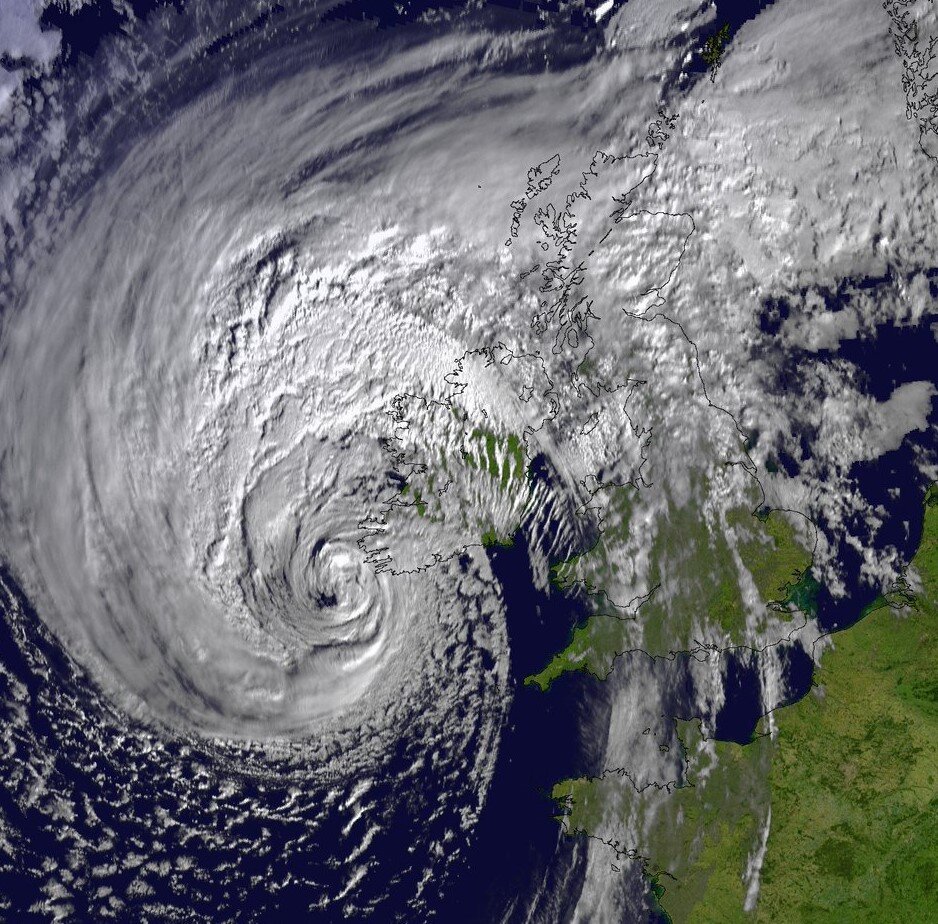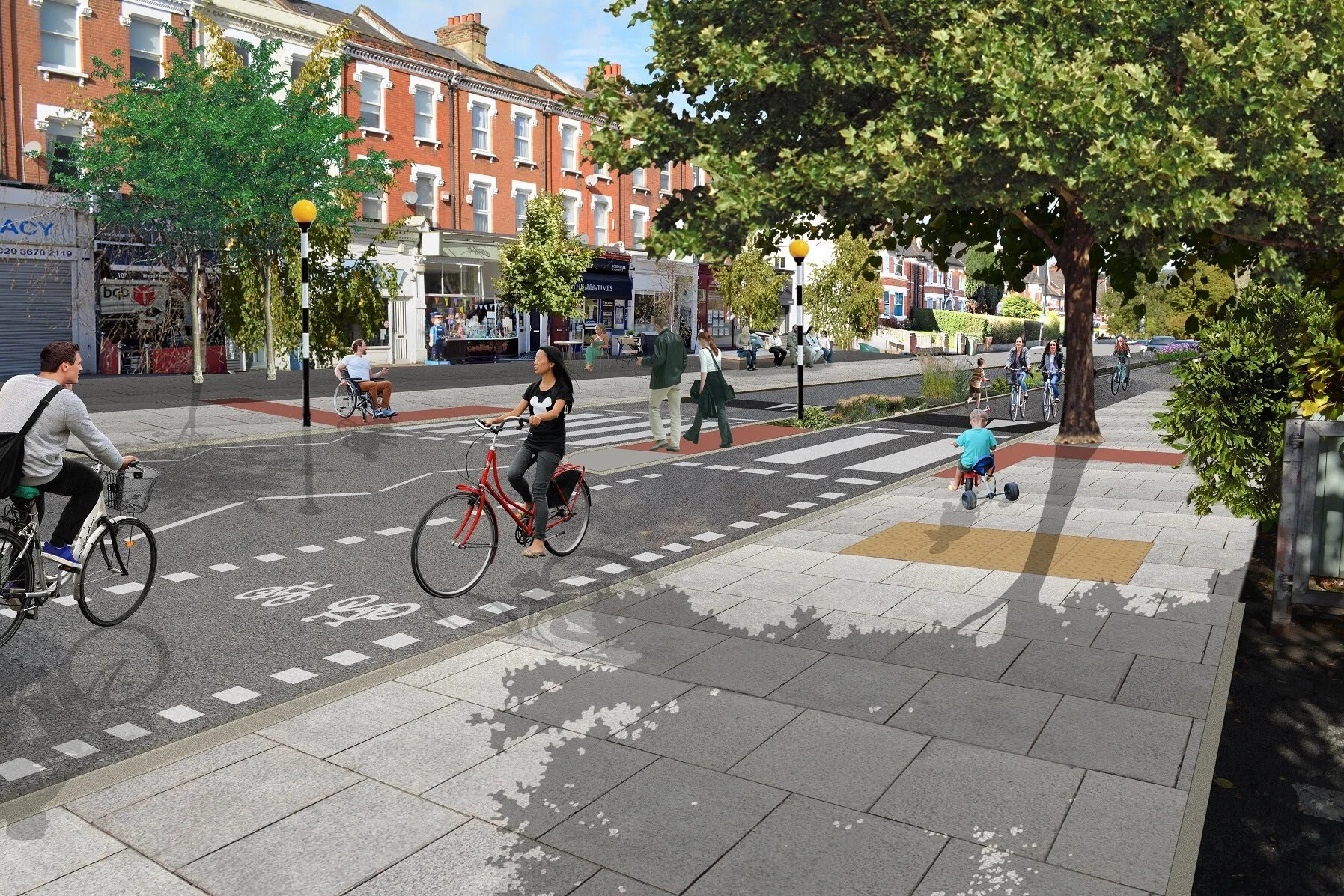The Green Vote
This decade is critical for averting a climate catastrophe. Can we trust Sinn Féin, Fianna Fáil or Fine Gael to take climate action? We explore the election in the context of climate change.
It’s election season. The time has arrived to cast your vote and exercise those civic muscles. Considering Ireland’s recent politics, with the housing crisis and climate action stalling, you might be saying to yourself…
“Why bother voting? What difference will it make? Sure, aren’t they all a shower of self-serving, lie-telling, gobshites anyway?”
Or maybe…
“Ah, sure look it. I’ll go with what my mam and grandad say, they know best. Politics doesn’t have much to do with me.”
The fact is you should bother, and you should decide for yourself. Democracy isn’t perfect, but it’s a privilege that millions wish they could have. Like all muscles, your democratic voice will strengthen when exercised and weaken when neglected. So, get your arse off that couch and put in that vote. And when you stroll up to the polling station on the 8th of February 2020, buzzing at the opportunity to participate in democracy… what will be your priority?
Government Scenarios
First, it helps to understand the potential post-election scenarios. Sinn Féin have surged in the polls, but they're only fielding 42 candidates across the country. Most pundits still think Fianna Fáil will win the most seats. But to form a government, they’ll need to go into coalition with the smaller parties, like the Green Party, Labour, or the Social Democrats. It’s important to emphasise that the power of smaller parties in a coalition depends on their share of the vote. If the smaller party gets 8%, they’ll have a bit of a say. If they get 18%, they’ll have a big say.
Another possible outcome is a coalition between Fianna Fáil and Sinn Féin, which would no doubt lead to a more left-leaning government. But this would be an incredible reversal by Fianna Fáil and a great disappointment for Sinn Féin voters seeking radical change. There's also the chance of Fianna Fáil government supported by Fine Gael, although Fianna Fáil claim they won’t pursue this. Basically, the last government, but flipped. Chances are this will lead to nothing new except the names on the office doors. Our two biggest parties have incredibly similar positions on most important policies.
A final possibility is that Fianna Fáil and Fine Gael will both be unable to bring together a coalition due to a huge and unprecedented left-wing vote. Then we could get a left-wing government made up of Sinn Féin, the Greens, Labour, the Social Democrats and Solidarity-PBP. This is unlikely to happen in this election, but is growing more possible with each new poll.
The Climate Context
The wider context for this 2020 general election is a world on the brink of climate catastrophe. Australia has been ablaze for 6 months straight. The oceans have reached record high temperatures, a key indicator of global heating. The alarm bells are ringing, but we are still collectively flaked out on the couch of climate inaction.
The Intergovernmental Panel on Climate Change (IPCC) — a body representing thousands of the world’s leading climate scientists — has been perfectly clear on what the science says. This decade, 2020-2030, is critical for climate action. If we act decisively every year for the next 10 years and rapidly cut emissions, we will likely avoid the most terrible climate change consequences. The longer we stall, the more devastating the rest of this century will be to human civilisation.
This won’t just affect Australia or Pacific island states like Fiji who are set to be swallowed by the rising seas. Ireland will be affected too, with dangerously hot summers, widespread winter floods, and devastating storms. The evidence consistently shows those most hurt by these extreme events are the working-class and rural poor. How will we deal with health and housing when our money has to go on disaster relief? And are we ready to handle food shortages, vast numbers of climate refugees, and wars over water? People thinking of their future should be deeply concerned.
But there is hope. The future of tomorrow depends on the choices of today, and the people making the crucial choices are the politicians we elect. So, to which party should we give our preferences? To me the answer is clear, but before reading any further, you should know my background is in climate science and economics. Effective climate action is my top priority. Now, let me tell you what I reckon, but in the end, its up to you to decide your own priorities.
Climate Action – Who Can We Trust?
At this precarious point in history, we need parties who will push the next government towards a green, social democratic agenda which provides decent housing for all, public transport for the inevitable low-carbon future, and more diversified farming — a radical vision for a radically changed future. In my view, the party most committed to these targets is the Green Party.
We definitely know we can’t trust the two major parties to deliver on climate action. After the European and Local elections in May, Varadkar tweeted:
Three days later his Fine Gael government handed out more offshore drilling licences. Under their leadership, we have been the most polluting country in Europe with our emissions — until last year, when we’re now second worst! Fianna Fáil’s record is fairly similar. Sinn Féin have gotten a free pass on climate this election. Experts say they have the worst climate policy out of every party.
Labour, the Soc Dems, Solidarity-PBP and Independents4Change all have strong climate policies and individual TDs with good track record, but climate action still isn’t quite as central to their platform as to the Greens’, and on present opinion, polls give them each 1-4% of the vote, compared to a more influential 8% for the Greens.
So, if the Greens receive enough votes to go into coalition, the next government will have to properly address the climate crisis. If they get good support but fall short of a place in government, other parties will take notice anyway. The stronger the Green vote, the more every party gets the message: the time for climate action in Ireland is now.
The Political Price of Austerity
It would be bad form to advocate a Green vote without addressing their previous record in government. In 2007, the Greens went into coalition with Fianna Fáil and the Progressive Democrats. This proved to be, as current Green Party MEP Ciarán Cuffe put it, “a deal with the devil”. The economic crash of 2008 drove the country into a deep recession, and billions of euro in tax rises and spending cuts followed. By the time the Greens pulled out of government with Fianna Fáil in 2011, their support had plummeted to a miserable 1.8%.
The Greens paid the price for austerity. That coalition was disastrous, and their judgement leaves lingering doubts about future mistakes. But good luck to any small left-wing party who’s in government through a recession. Even through this mess, with only six seats (3.5%) in the Dáil, the Greens managed to achieve some solid policy goals, like the Cycle to Work scheme, the Leap card system, and a tax to discourage land hoarding.
The Greens had a baptism of fire the first time they were in government. But this is a new decade, and the climate emergency is front and centre. The Greens are rising. In May 2019, the Greens claimed 11.4% of the vote in the European elections and gained 37 councillors in the local elections, the biggest increase of any party.
The Green Manifesto
The reason the Greens exist as a political party is to provide a good standard of living for all without destroying the earth we rely on. They want to make climate friendly decisions affordable, calling for pedestrianised city centres, emission free buses, light rail for Cork, Galway, Limerick and Waterford, and an extensive all-Ireland rail network. They also support incentives for the circular economy and tech start-ups. They have plans for community energy schemes that pay out to local neighbourhoods and a ban on further exploration or drilling for fossil fuels. These are all priorities that are vital if we are to continue providing good quality of life in Ireland in the coming decades.
Artists impression of pedestrian and cyclist friendly communities. Credit: Dublin Commuter Coalition
A common accusation levelled at the Greens is they will increase taxes to finance the low-carbon transition, but their support for a wealth tax and a hike in corporation tax show their intention to raise funds fairly. Anyway, their manifesto is centred around reallocating funds (away from building new roads and towards developing proper public transport), not on new revenue.
And a Green vote is more than just a statement on climate. They also have good ideas on housing, like providing social housing via cost-rental (a plan proven very effective in many European countries) and replacing local property taxes with a site value tax (incentivising landlords to develop derelict properties and rent out vacant ones).
Climate Action on Election Day
We’re entering a decade where politics and climate action are becoming inseparable. Climate change is not just one issue among many, it’s becoming the issue, that will dominate politics across the world for the rest of this century. And because of Ireland’s electoral system, if your first preference is for Sinn Féin, or People Before Profit, or Solidarity, or even Fine Gael, you can always give your second preference to the Greens. Second and third preference can make the difference.
If we get an Irish Green surge, we’ll be joining countries like Austria, Sweden and Finland in a European movement where the Green parties already have a place in government. Ireland can be the next Green wave in the ever-increasing tide of ecologically aware politics. Catastrophic climate change can only be avoided though a collective mass movement, making changes in every country. It can start in Ireland with your Green vote on the 8th of February.
Conall Heussaff
We value original, substantive ideas – mainstream or alternative, progressive or conservative – and encourage everyone to join our discussion.
content@facmagazine.com








